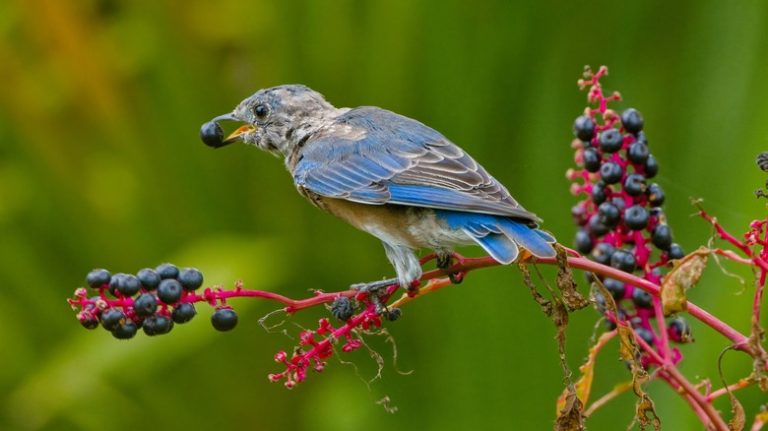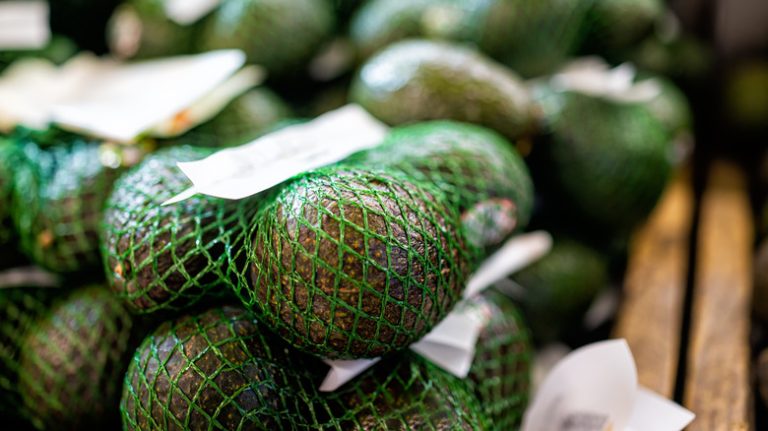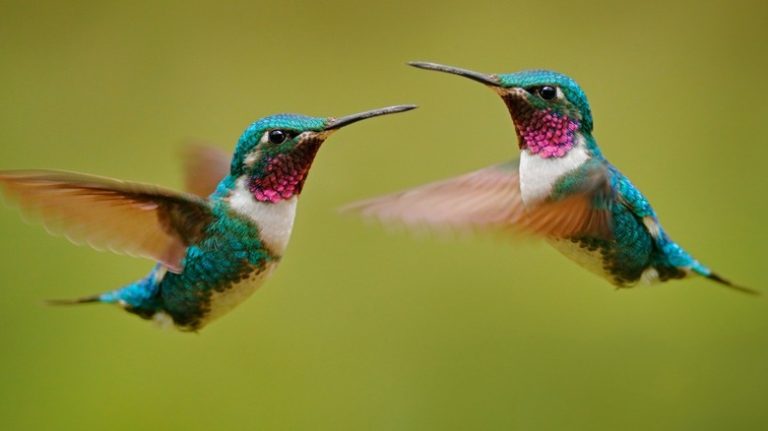It is well known that coffee is one of the most popular beverages in the world. According to the National Coffee Association, Americans drink more coffee daily than any other beverage, including water! Recently, with the wave of sustainable lifestyle tips and DIY life hacks, the trend of using coffee grounds in the garden has become quite popular. Since coffee is consumed so frequently in most households, heaps of coffee grounds inevitably end up in landfills. Once it became popularized that coffee grounds could be composted and added to the garden for a myriad of benefits, the trend took off, and coffee grounds have since become a staple in repurposing kitchen food waste in the garden.
Unfortunately, there is a lot of misinformation on how to use coffee grounds effectively, and misusing them can severely damage your garden. Many people got too carried away with using coffee grounds in the garden, leading to quite a few garden casualties and misunderstandings. The most common rookie mistake people make when repurposing coffee grounds for their plants is not brewing them first. However, there is a lot more to the picture than that. The garden isn’t the only place to put coffee grounds to use; there are plenty of unexpected uses for leftover coffee grounds around the home.
What to avoid when using coffee grounds in the garden
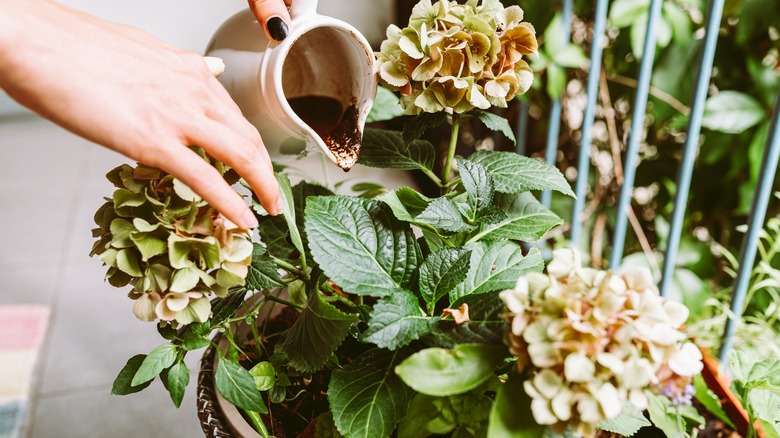
As mentioned, you want to ensure you use brewed coffee grounds for your garden. Sonia Uyterhoeven, Head of Horticulture at New Jersey’s Greenwood Gardens, recommends using spent or brewed coffee grounds instead of fresh ones because most of the acidity gets washed out in the brewing process via Reader’s Digest. Brewed coffee grounds are essentially neutral in pH, which means they won’t alter the existing pH of your garden. However, unbrewed coffee beans are preferable for acid-loving plants like Camellias, Rhododendrons, Hydrangeas, and Blueberry Plants.
Additionally, according to Linda Brewer, Oregon State University Extension Service soil scientist, coffee grounds alone are not enough to keep your garden thriving and healthy, despite the false information you may hear elsewhere. While they add some nitrogen to your garden beds, it is not enough. Avoid using coffee grounds alone to supplement your garden. To supplement the soil in addition to coffee grounds, Brewer recommends adding grass clippings, alfalfa meal, or another nitrogen fertilizer. When using brewed coffee grounds directly in the garden as a soil amendment, Brewer suggests working ½ an inch of grounds at a depth of 4 inches. The most important thing to keep in mind is dosage. You definitely do not want to overdo it with coffee grounds, as it can ruin a garden bed and slow germination and growth.
The benefit of using coffee grounds effectively in the garden
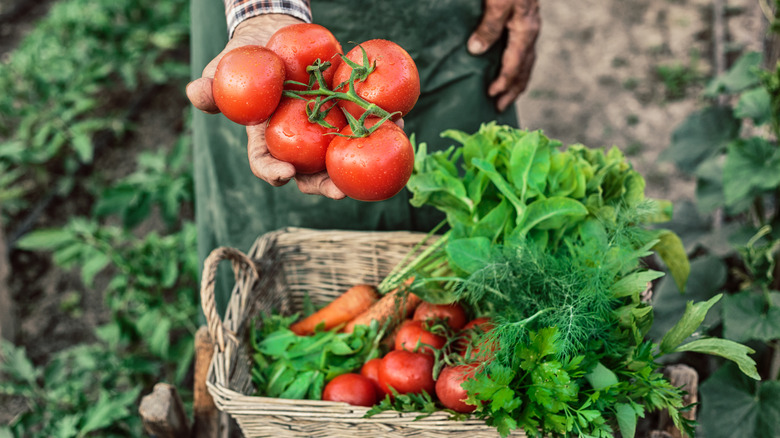
There is good reason as to why coffee grounds have become such a hot topic in the world of reusing food scraps and DIY-ing your garden. Part of the reason it has become so popular is because it is a non-toxic alternative to using fertilizers that run off and pollute our waterways. Additionally, coffee grounds help to improve soil structure. The grounds feed microbes in the soil, releasing microbial glues that enhance drainage and overall soil structure, a key component to healthy and fertile soil. They also increase aeration and are an excellent amendment for dense soils.
Additionally, not only are coffee grounds a great soil amendment when used correctly, but they are also an effective pest deterrent. While most of the world is immediately drawn to the intoxicating smell of a freshly brewed cup of coffee, it actually (conveniently) repels common garden pests like ants, slugs, and snails. This is great news for gardeners looking to naturally boost the quality and structure of their soil, recycle food scraps, and deter pests.

